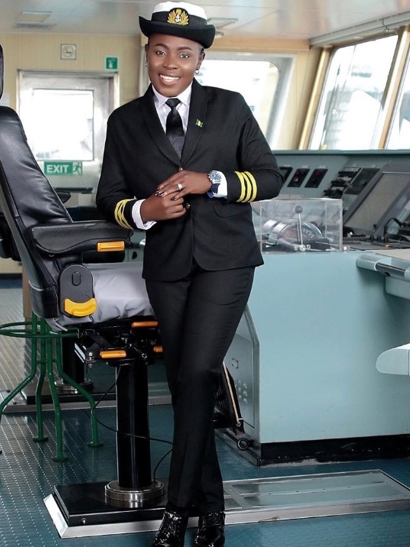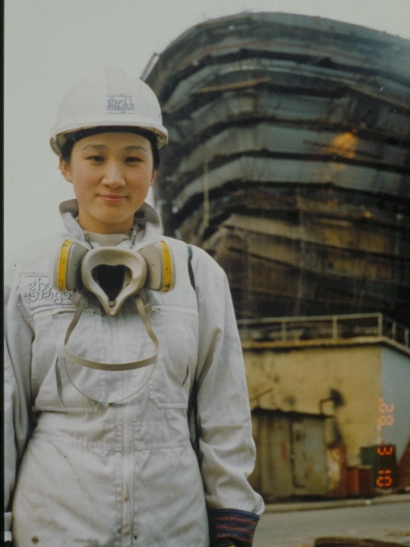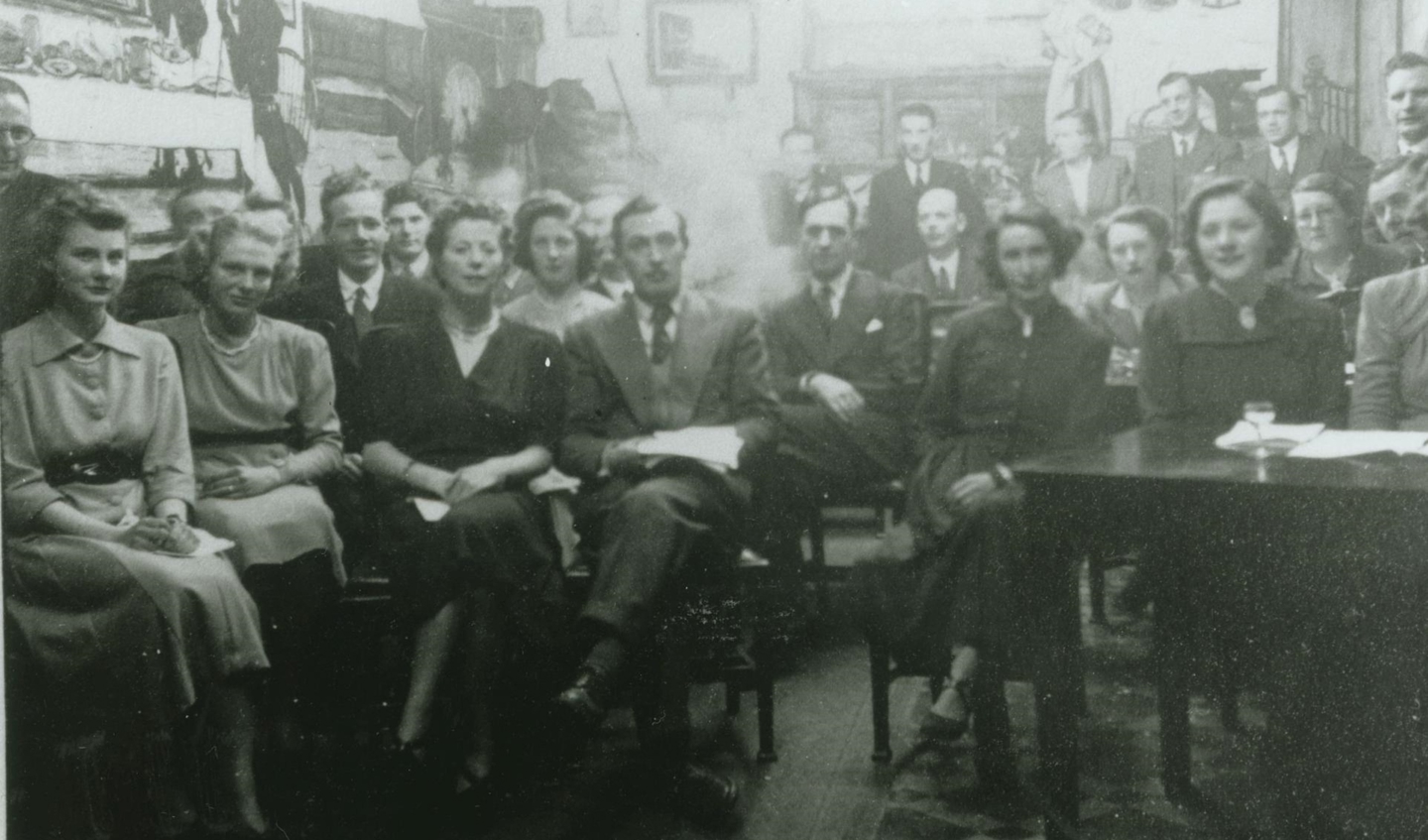“Women have always been involved in the maritime industry,” says Philippa Charlton, Chief Marketing Officer at Lloyd’s Register, “but there is limited evidence that’s publicly available of their engagement in shipping from the early 18th century and earlier, until the present day.”
This is the issue that the ‘Rewriting Women into Maritime History’ project seeks to address. It will collate the material that is spread across archives beginning within those in the City of London, and then expand to the UK & Ireland, and internationally, so that accounts of women in the shipping industry can be identified and placed in the public domain for the first time.
The lack of representation of women in maritime history had a significant effect, says Charlton, with past distorting perceptions of the present. “That lack of visibility of women in the story of maritime has created a misperception that women are ‘new’ to shipping, or that their past contributions have not been significant or meaningful. We hope to help rectify that and we hope other organisations will join us.”
Pictured to the right is Nkopuyo Abraham, in a picture taken from the IMO Women in Maritime flickr album, which provides access to photography of women in key roles in shipping and engineering.


Some of the biggest maritime organisations have answered the call. The project is led by Lloyd’s Register Foundation’s Heritage and Education Centre (LRF HEC), collaborating with Lloyd’s Register, Lloyd's List, International Maritime Organization, International Chamber of Shipping, The Nautical Institute, Women in Shipping and Trade Association UK, Preston Turnbull LLP, The National Maritime Museum, Nautilus International and The British Commission for Maritime History. The project was launched in early September 2022, and since then several other big-name organisations with maritime archives have expressed interest in joining the project.
Louise Sanger from LFR HEC is leading the project. “We’re really pleased by the level of interest across the industry. We’ve had interest from a dozen or so organisations that will add to the depth and breadth of the research. It all helps to grow the discourse of women’s history and uncover forgotten stories. Raising awareness of the initiative will help to encourage discussion and action on inequalities that still exist in the industry today.”
The resonance of the project with today’s representation of women in maritime – or lack of it – is highlighted by the International Chamber of Shipping’s Director of Employment Affairs, Natalie Shaw MBE. “We are all currently on a journey, and rightfully so, to ensure that our sector is more diverse, equitable and inclusive. As we mark our centenary here at ICS our focus is on the future, but we should not forget the past and the important role that women played in history.”
Pictured to the left is Li-Rong Zhou, who trained at the Dalian Shipyard in China, qualifying as an LR surveyor in 2001.
The project’s leaders think the job will be less about reverse-adding women into maritime history, more uncovering, reassessing and celebrating their role.
“Women have always played an important part in the maritime sphere by running maritime business, working in maritime industries and through financial support,” says Dr Helen Doe, Vice Chair for the British Commission for Maritime History and author of Enterprising Women and Shipping in the Nineteenth Century, “but finding those women is the hard part. This project to identify sources will celebrate these women and highlight their contribution.”
For futher information see the Lloyd's Register Foundation website:






